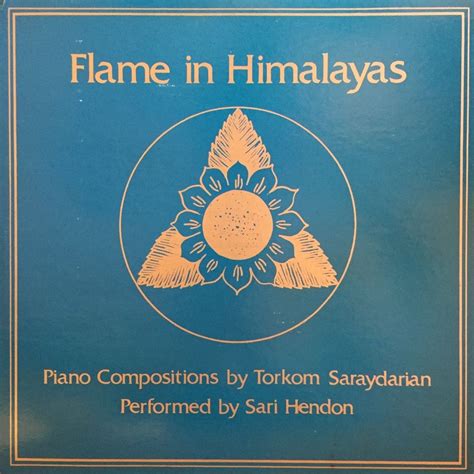A Quote by John Lanchester
Richness, the ideas of having plenty of money, is not ... an absolute state. Richness is about the amount of money you have compared to the people you see around you. It is about where you are in relation to others, and where they are in relation to you ... and whether you can have the things you want and other people have.
Related Quotes
A common measure of poverty is how much money you have in relation to other people - that is useful as far as it goes, but that excludes the case of, say, a hunter in the rainforest who has no money but is not poor. And there can be a number of people with money but who can consider themselves unwanted or invisible or estranged from society.
Money is a lubricant. It lets you "slide" through life instead of having to "scrape" by. Money brings freedom-freedom to buy what you want , and freedom to do what you want with your time. Money allows you to enjoy the finer things in life as well as giving you the opportunity to help others have the necessities in life. Most of all, having money allows you not to have to spend your energy worrying about not having money.
Semantics is about the relation of words to thoughts, but it also about the relation of words to other human concerns. Semantics is about the relation of words to reality - the way that speakers commit themselves to a shared understanding of the truth, and the way their thoughts are anchored to things and situations in the world.
Charisma seems to be more about the intoxicating quality that you have on other people, as opposed to presence, which is more about the self in relation to others, and how you feel you represented yourself in a situation, and how you were able to engage. So it's less about how others see you and more about how you see yourself.
There are three kinds of people and three kinds of richness:
- people who want to have, to collect
- people who want action, work and labor
- people who want to be
The real richness is in be-ness. People can take all that you have, all that you collected. People can stop your labor, or an accident can stop you. When you are, you never lose what you are.
It's silly to have as one's sole object in life just making money, accumulating wealth. I work because I enjoy what I'm doing, and the fact that I make money at it - big money - is a fine-and-dandy side fact. Money gives me just one big thing that's really important, and that's the freedom of not having to worry about money. I'm concerned about values - moral, ethical, human values - my own, other people's, the country's, the world's values. Having money now gives me the freedom to worry about the things that really matter.
The world's most 'primitive' people have few possessions, but they are not poor. Poverty is not a certain small amount of goods, nor is it just a relation between means and ends; above all it is a relation between people. Poverty is a social status. As such it is the invention of civilization. It has grown with civilization, at once as an invidious distinction between classes and more importantly as a tributary relation.
Hillary Clinton did try to reach out to the Sanders voters with policy concessions, but Sanders voters, especially his most activist core, are process people. They're not policy wonks. They're people who want big money out of politics. They're people who want fairness from the DNC chair. They're people who want every vote to count. They're the people who don't like Wall Street money. Right? They're primarily about the process of politics and whether or not it's fair and whether or not big-money elites are rigging things in your favor.
Motion is always a relative thing. I move in relation to something else. Any particle in this universe can change in relation to any other particle; but take the whole universe as one, and in relation to what can it move? There is nothing besides it. So this infinite Unit is unchangeable, immovable, absolute, and this is the Real Man.






































